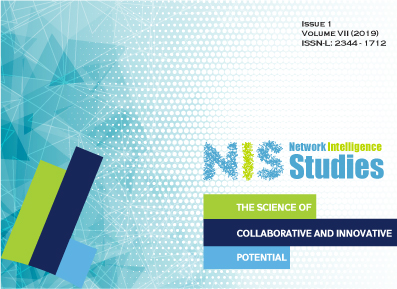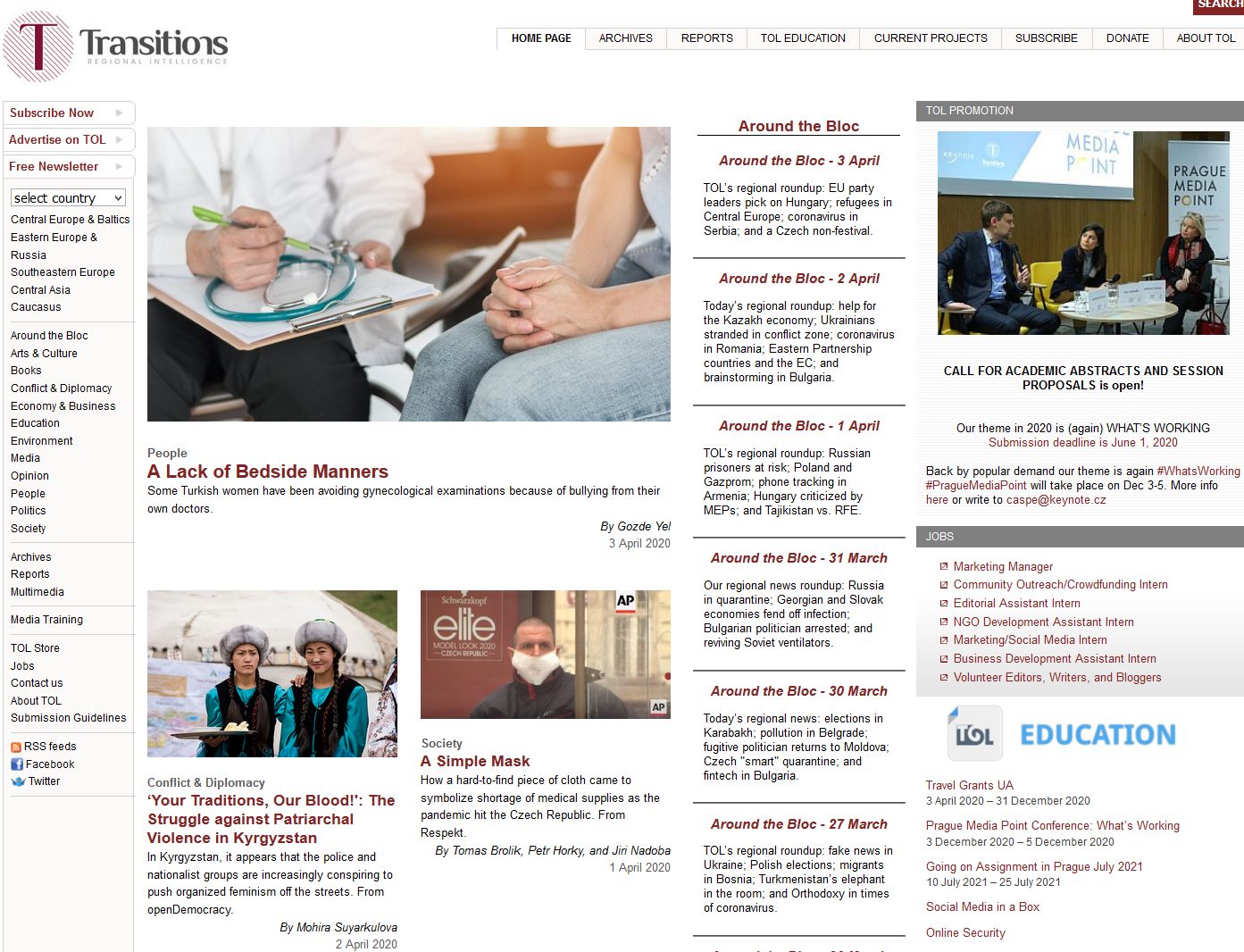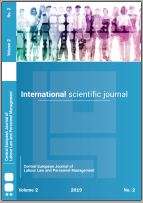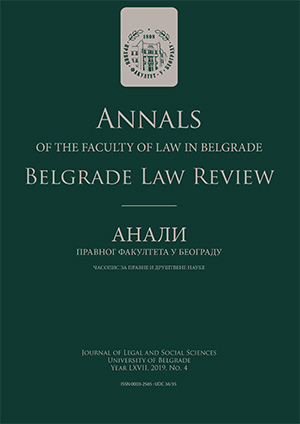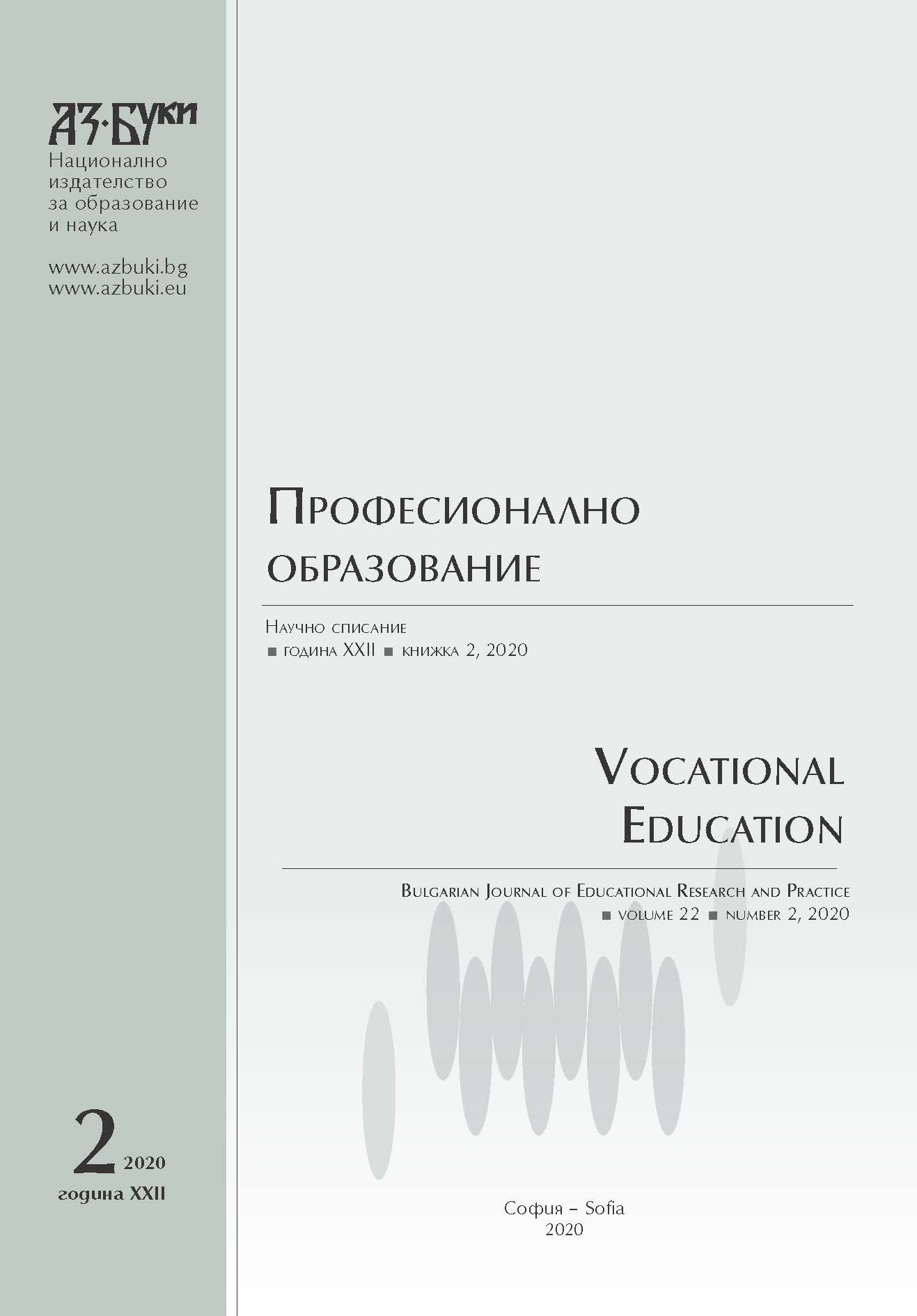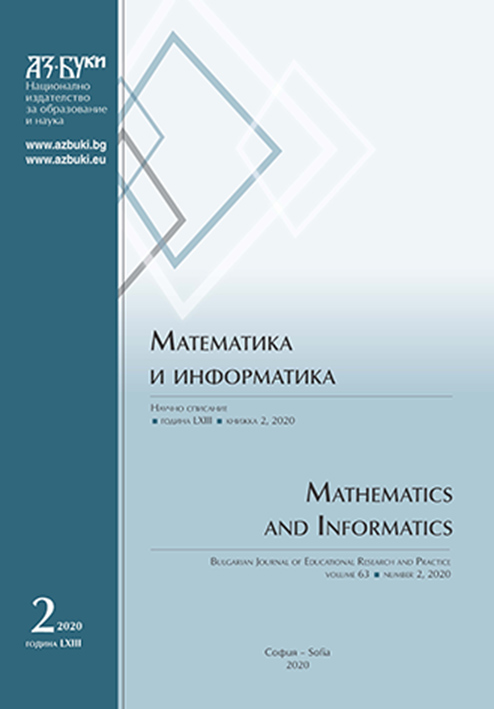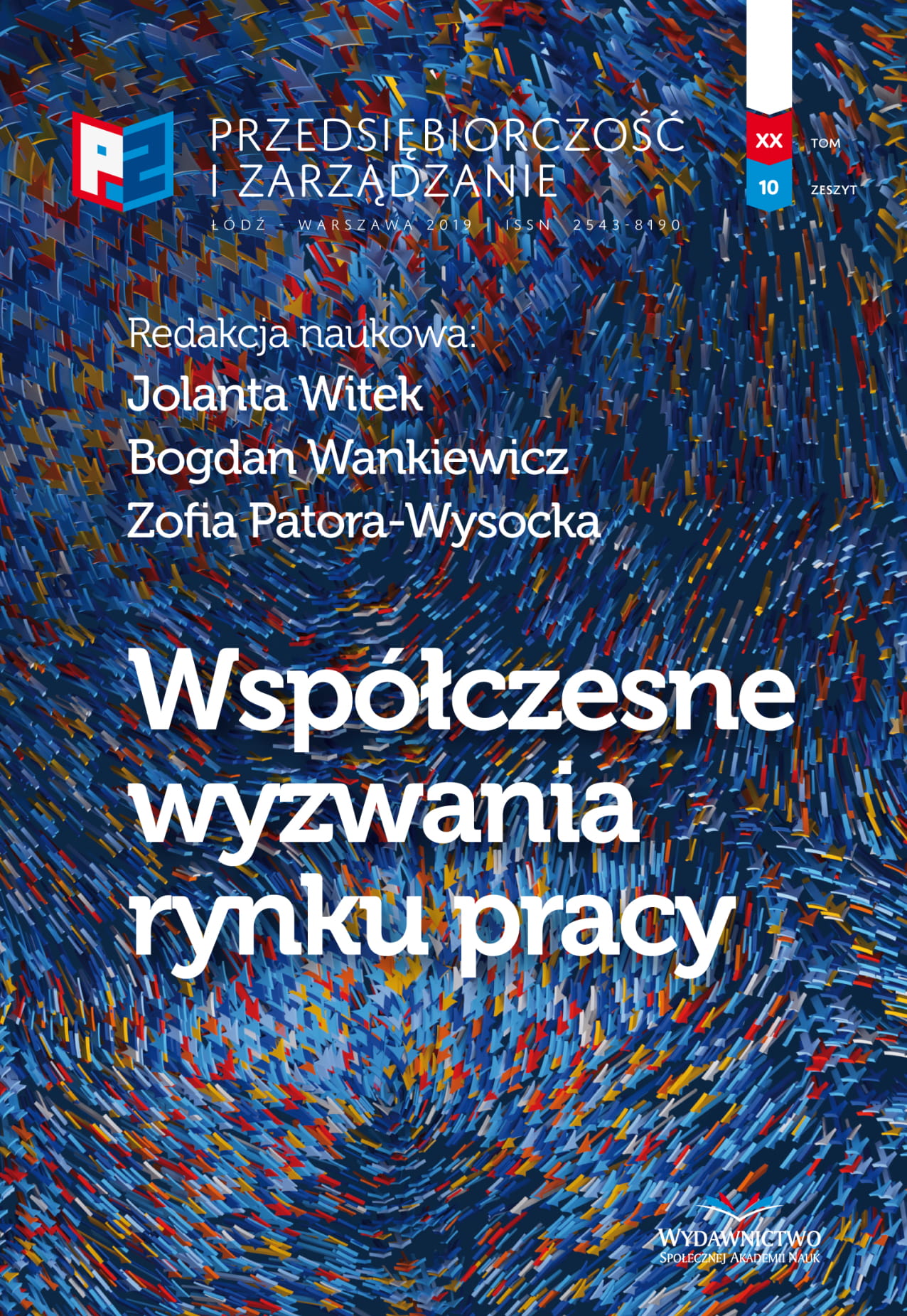
Wydatki z funduszu pracy na finansowanie polityki rynku pracy
The literature on the subject, as well as the practice, point to the evolution of the concept of the labor market functioning, and thus the principles of policy financing related to intervention in this market. The aim of the study is to present the labor fund as a source of financing active and passive labor market policy from the point of adequacy of intervention of public authorities (government and local government).The article provides a detailed analysis of the income of the labor fund and expenses incurred from this fund for active and passive labor market policy. The article analyzes the case of Poland.
More...



